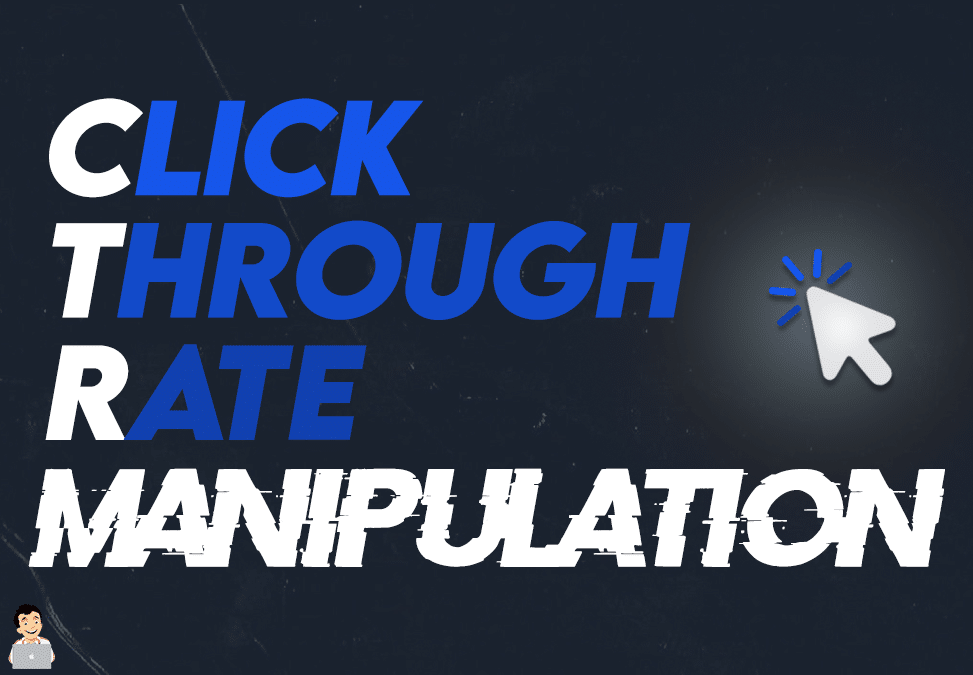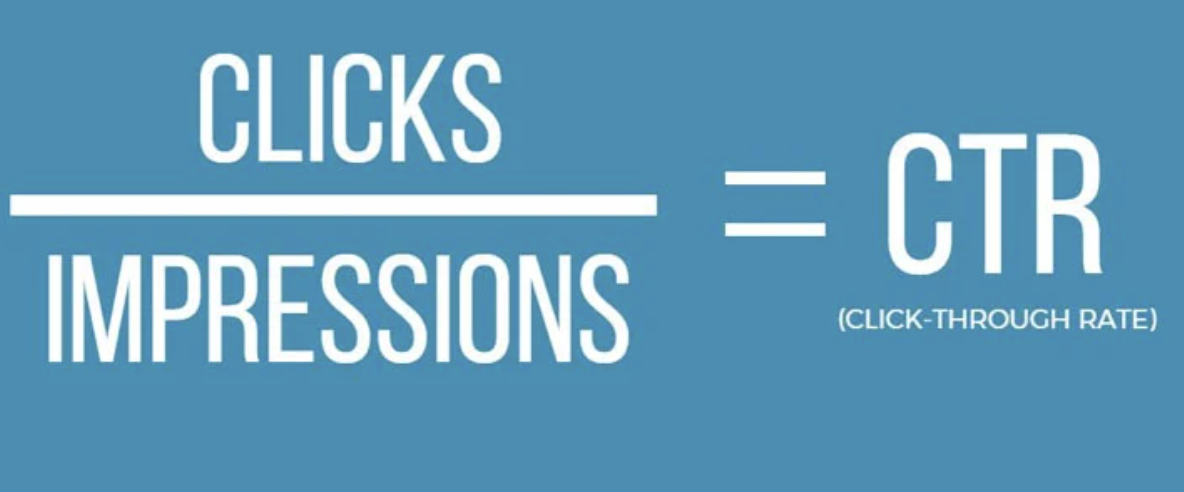Advanced GMB CTR Manipulation: Raise Your Regional Search Performance
Discovering the Partnership In Between CTR Manipulation Providers and User Actions
In the world of digital advertising, the influence of click-through rate (CTR) control services on user behavior remains a complex and intriguing subject. By dissecting the intricate relationship in between CTR manipulation services and user actions, fascinating insights emerge that may improve our understanding of electronic advertising methods and their results on customers.
Influence of CTR Adjustment on Habits
Evaluating the influence of Click-Through Price (CTR) adjustment on individual habits exposes important insights right into the characteristics of online interaction. CTR manipulation involves artificially blowing up the number of clicks on a certain web link or ad to trick individuals and search engines. This technique can bring about an altered assumption of a website's popularity or significance, inevitably affecting customer habits.

Additionally, CTR control can skew the data used by formulas to personalize individual experiences. This can cause users being served content that does not straighten with their choices or interests, eventually resulting in a decline in individual fulfillment and involvement. Understanding the effect of CTR control on user habits is important for preserving transparency and rely on on the internet interactions.
Individual Involvement With Manipulated CTR
Customer engagement with manipulated CTR information typically causes manipulated perceptions of online material popularity and significance. When customers interact with material based on artificially inflated Click-Through Fees (CTR), they may think that certain information, products, or solutions are much more preferred or reliable than they really are. This can lead to individuals choosing based on misleading information, causing potentially unfavorable outcomes.
Involvement metrics like likes, shares, comments, and time invested in a webpage are typically affected by CTR control. Individuals may be a lot more likely to engage with content that appears to have greater interaction prices, even more bolstering the cycle of manipulated assumptions. As an outcome, web content makers and advertisers may focus on producing web content that generates high CTR rather than focusing on producing genuinely useful and appropriate material.

Emotional Results of CTR Manipulation

In addition, the mental impacts of CTR adjustment can likewise materialize in modified decision-making processes. Users may be more likely to click on web content entirely based upon its regarded appeal, instead of its real worth or relevance to their needs. This behavioral change can cause a shallow involvement with on the internet material, where users might overlook high-grade yet much less prominent offerings in favor of those with artificially Source boosted CTRs.
Basically, the mental implications of CTR control highlight the value of preserving transparency and credibility in on-line communications to foster genuine user interaction and trust.
Ethical Factors To Consider in CTR Manipulation
CTR adjustment elevates worries about deceiving individuals, distorting information analytics, and endangering the reliability of on-line content. By artificially inflating CTR, customers might be misled right into clicking on web links or advertisements they would not have chosen otherwise, leading to an insincere online experience.
An additional moral facet to contemplate is the justness of manipulating CTR to get an unfair benefit over rivals. Taking part in such practices not just breaches principles of fair game yet likewise undermines the trust that customers put in on the internet platforms. It is important for businesses and electronic marketers to support ethical criteria in their methods to ensure openness, trustworthiness, and long-term sustainability in the on-line atmosphere.
Effects for Digital Advertising
With the enhancing dependence on digital platforms for marketing functions, the practice of manipulating click-through prices (CTR) positions significant implications for the effectiveness and integrity of electronic marketing approaches. CTR control can lead to skewed data analytics, misleading online marketers right into thinking that their projects are performing better than they really are. This can lead to misallocation of resources, with business purchasing underperforming approaches based upon falsified CTRs. Additionally, when users recognize that CTRs have actually been manipulated, it can erode rely on the brand name, resulting in long-lasting adverse consequences for client commitment and brand name credibility.
Additionally, using CTR manipulation services can produce an unjust competitive landscape, where companies that engage in such methods acquire over at this website a fabricated benefit over those that comply with moral advertising criteria. This can stifle development and imagination in digital advertising and marketing, as success comes to be even more regarding control strategies than delivering genuine worth to consumers. Ultimately, the implications of CTR manipulation for electronic advertising prolong beyond temporary gains, affecting the general sustainability and trustworthiness of advertising efforts in the electronic realm.
Conclusion
In verdict, the partnership between CTR manipulation solutions and individual habits is complex and complex. The impact of CTR adjustment on actions, customer involvement with controlled CTR, psychological results, moral factors to consider, and implications for electronic advertising and marketing all play a duty fit this partnership. Understanding these dynamics is important for marketing professionals and researchers alike in order to navigate the moral ramifications and take full advantage of the performance of their electronic marketing methods.